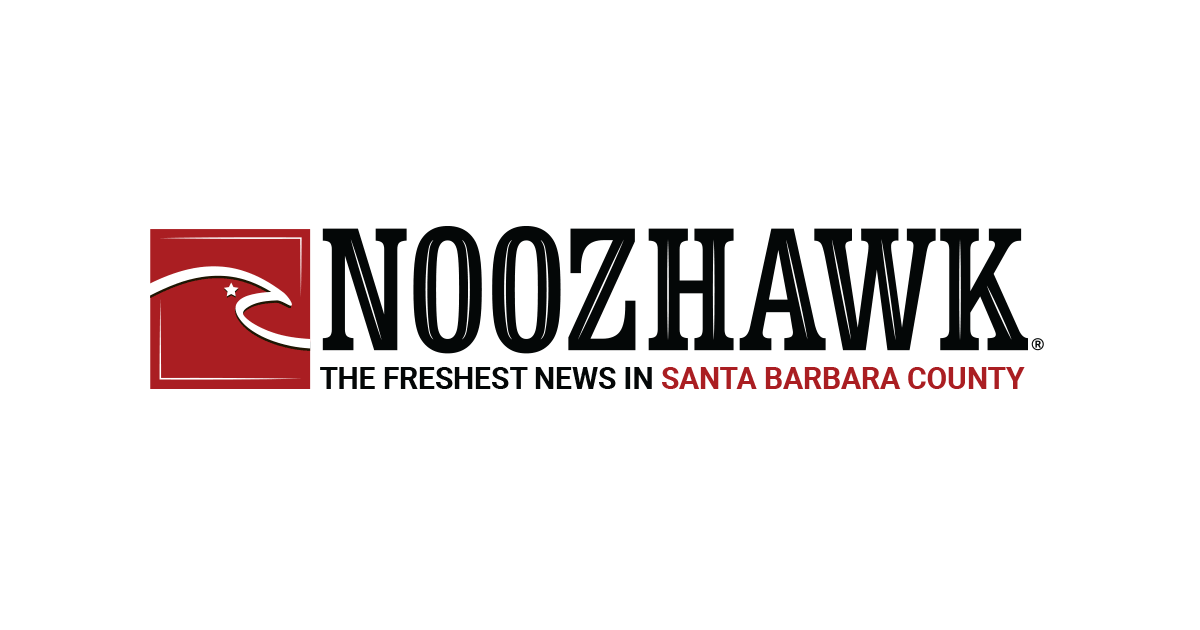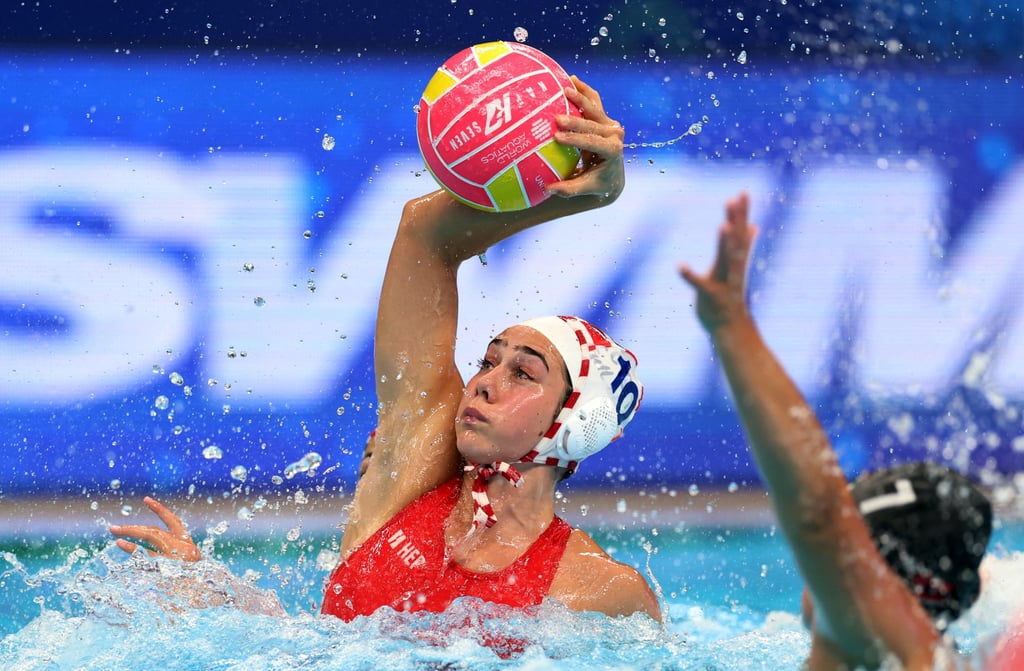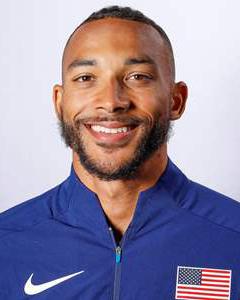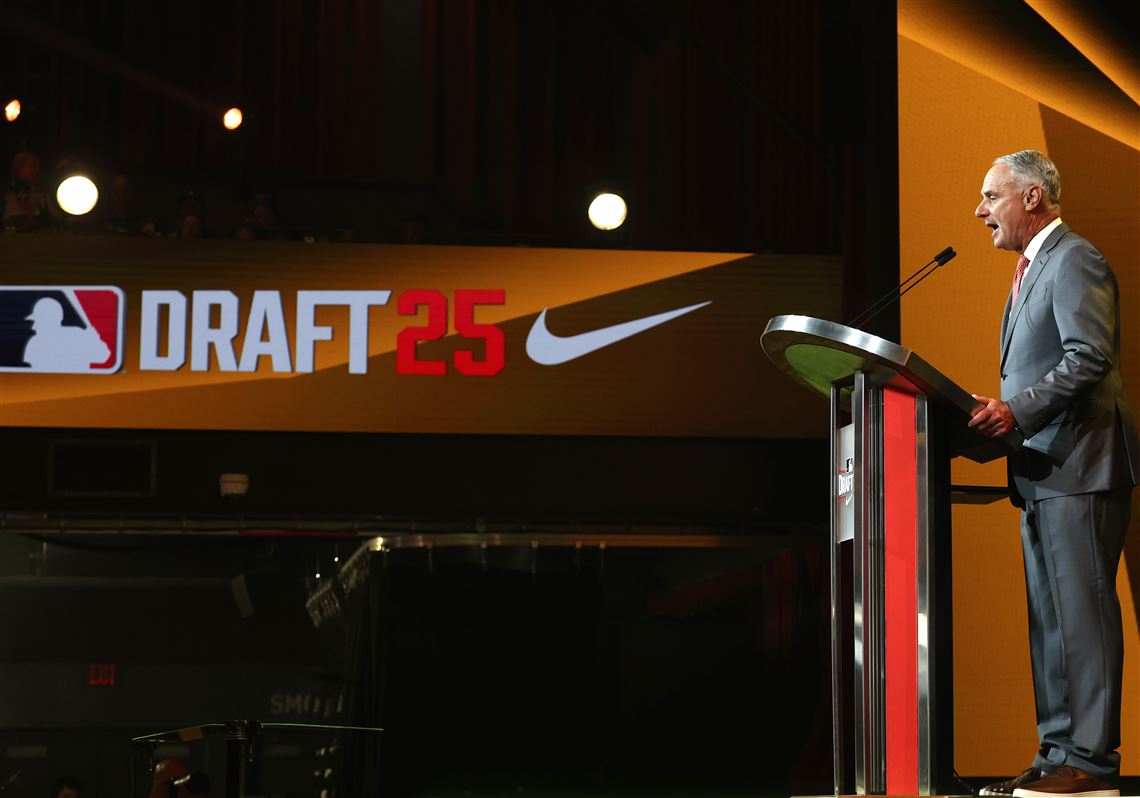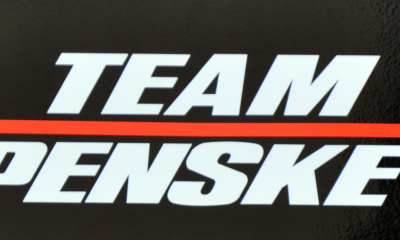According to university data, over 6,000 students enroll in ISU summer courses annually, with more than 400 unique courses offered in online, hybrid, and in-person formats.
Dr. Benjamin Withers, Dean of the College of Liberal Arts and Sciences (LAS), emphasized the strong demand for summer courses, especially in foundational subjects.
“Our most in-demand courses measured by total number of students enrolled are in computer science, physics, chemistry and math,” Withers said. “Courses such as Introduction to the Design and Analysis of Algorithms (COMS 3110), General Physics I (PHYS 1310), Organic Chemistry I (CHEM 3310), and Calculus I and II consistently attract high enrollment. English courses such as Business Communication and Technical Communication also remain popular.”
Dean Withers noted that students enroll in summer classes for various reasons.
“Some see it as an opportunity to get ahead and maybe graduate a semester early, while others take advantage of the summer to catch up on required classes after switching majors,” Withers said.
He added that many students use the time to explore electives in areas like mythology, ancient civilizations, and computing theory, which sometimes leads to adding a second major or a minor.
“While the content and learning outcomes remain the same as in fall or spring, the courses are accelerated. This allows students to concentrate more deeply on fewer subjects. LAS offers many courses online, accommodating students who may be working, traveling, or living off-campus during the summer. Faculty members regularly participate in workshops offered by the Center for Excellence in Learning and Teaching (CELT) to enhance the delivery of online and hybrid courses,” Withers said.
Dean of the College of Human Sciences Dr. Laura Dunn Jolly, said, “Faculty look at course planning at a high level, taking into account enrollment, credit requirements, course sequencing, and student interest. Our MAT program gives students the opportunity to earn their master’s degree and teaching license in 12 months.”
“These summer courses have helped me stay on track and even get ahead, which helps alleviate stress in the long run,” Kaitlyn Krebs, a graduate student pursuing a degree in athletic training said.
Krebs found that summer classes allowed her to prioritize general education requirements in previous years and focus more intently on major-specific courses during the academic year. She described the pace of summer courses as intense but manageable.
“Summer classes are typically only six to eight weeks, so the pace is much quicker. I find myself studying almost every day,” Krebs said.
While she appreciated the flexibility of online classes in previous summers, she acknowledged the immersive nature of in-person sessions.
“Smaller class sizes allow for more one-on-one interaction with professors and stronger connections with classmates, which is incredibly helpful when applying for graduate school or internships.”
‘I wanted to be able to shorten my course load going into my last semester this fall,” said Dylan Backe, a senior in finance.
“As long as you stay organized and on top of things, you’ll be alright,” Backe said.
Assistant Dean for Engineering Student Success Dr. Cris Schwartz said, “If a course has a laboratory or design studio component, these remain central in the summer version. Lectures and labs are simply scheduled more frequently over a shorter period.”
Dr. Schwartz also acknowledged the challenges of the summer format.
“Some students do very well in summer courses, while others may find the pace more challenging than anticipated,” Dr. Schwartz said.



